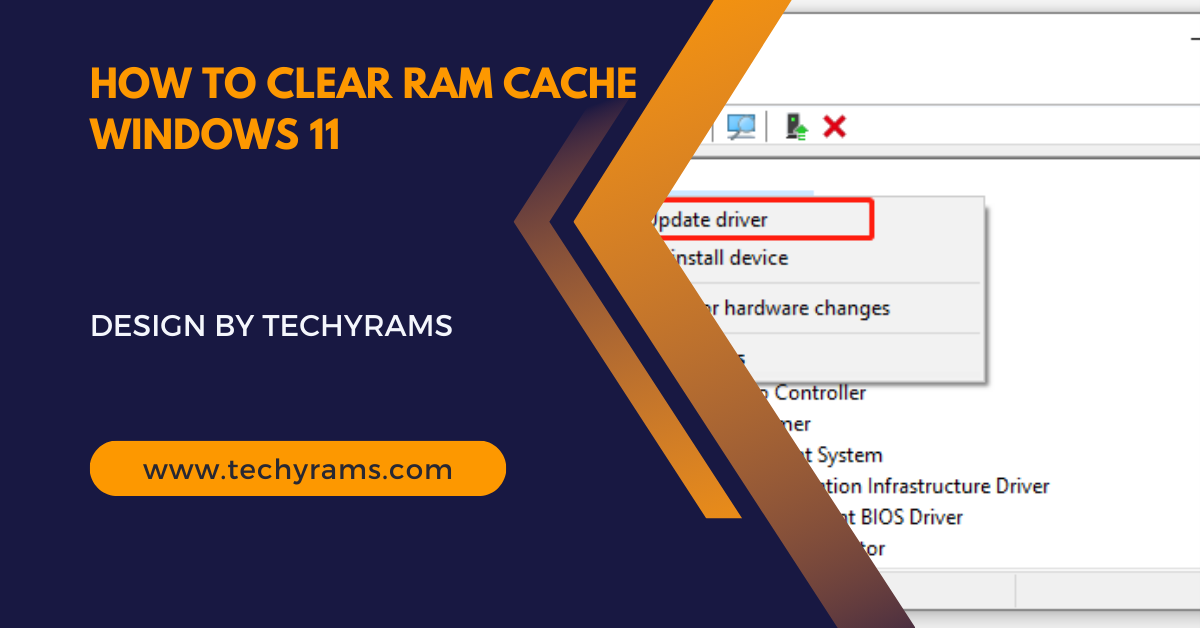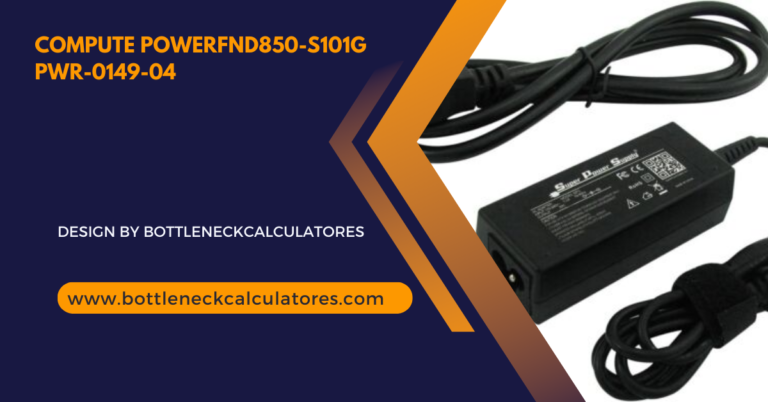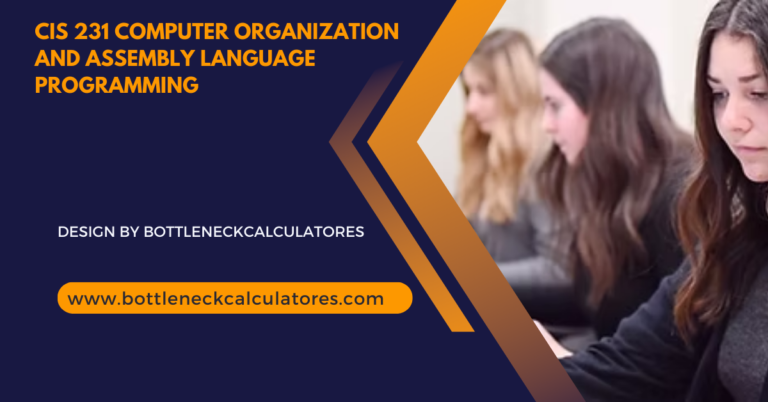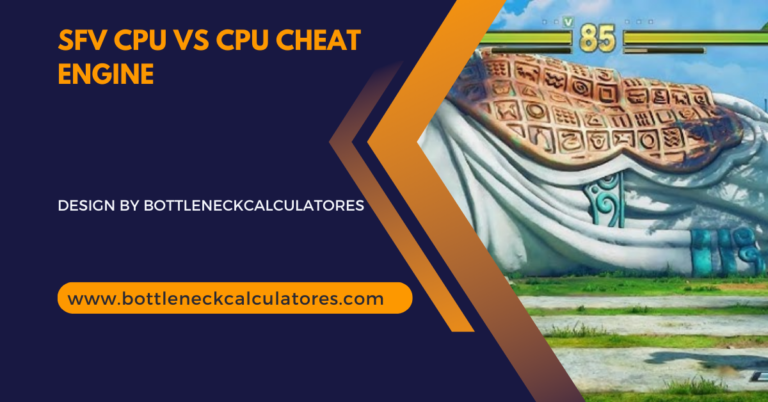Cpu n3 Or n4 Socket – A Step-by-Step Guide!
The N3 and N4 CPU sockets are designed to support different generations of processors, with the N4 offering superior power delivery and performance for demanding tasks.
In this article, we’ll explore the N3 and N4 CPU sockets in detail, their differences, and how to choose the best one for your system.
Table of Contents
What is a CPU Socket:
A CPU socket is a physical interface between the processor and the motherboard. It allows the CPU to connect to the motherboard’s circuitry, enabling the exchange of data and power. There are various socket types available, each supporting different generations of processors. The N3 and N4 sockets are relatively new additions, offering enhanced features and performance. These sockets are designed to meet the evolving demands of modern computing, from gaming to professional workstations.
The Importance of Choosing the Right Socket:
Selecting the right socket is essential to ensure compatibility between the CPU and the motherboard. The wrong socket can lead to installation issues, poor performance, or even hardware failure. For example, if you choose an N3 or N4 CPU socket, but your motherboard doesn’t support it, the system will not function correctly. Therefore, it’s important to match the socket type with your processor’s specifications and your motherboard’s capabilities.
N3 Socket Overview:
The N3 socket is designed to support the latest generation of processors, providing a solid foundation for high-performance systems. This socket type is ideal for users who need advanced processing power, such as gamers, content creators, and professionals working with resource-heavy applications.
Features of N3 Socket:
- High-Speed Data Transfer: The N3 socket supports faster data transfer rates, making it suitable for tasks that demand high CPU performance.
- Better Power Management: With enhanced power delivery, the N3 socket ensures that the processor receives a stable power supply, which is essential for maintaining system stability under load.
- Backwards Compatibility: In some cases, the N3 socket may be backward compatible with previous-generation processors, providing users with greater flexibility for upgrades.
Advantages of N3 Socket:
- Improved Performance: The N3 socket supports processors that can handle multi-threaded tasks with ease, improving overall system performance.
- Better Cooling Solutions: The N3 socket is designed with enhanced cooling options, helping to maintain optimal temperatures during intensive workloads.
- Future-Proofing: By opting for the N3 socket, users can ensure their system is ready for future CPU upgrades, giving them a longer lifespan for their motherboard.
N4 Socket Overview
The N4 socket is the successor to the N3 socket, designed to accommodate even more powerful processors. This socket is engineered for users who require the highest level of performance, such as those working with AI, machine learning, and data-intensive tasks.
Features of N4 Socket:
- Increased Power Delivery: The N4 socket supports even higher power delivery to accommodate the demands of cutting-edge processors.
- Improved Bandwidth: With increased bandwidth, the N4 socket enables faster communication between the CPU and other system components, reducing latency and enhancing performance.
- Better Scalability: The N4 socket is designed to support future processor generations, making it a great option for users who want a system that can scale as technology advances.
Advantages of N4 Socket:
- Superior Performance: The N4 socket can handle processors that push the limits of modern computing, making it perfect for users who demand the best.
- Enhanced Cooling Mechanisms: With more powerful processors, the N4 socket features improved cooling options to prevent overheating and maintain stability during heavy workloads.
- Longer Lifespan: Investing in an N4 socket ensures that your system will be compatible with future hardware upgrades, giving your setup a longer lifespan.
How to Choose Between N3 and N4 Socket?
Choosing between the N3 and N4 sockets depends on your specific needs and intended use. Here are some factors to consider:
- Performance Requirements: If you need a system that can handle demanding tasks like gaming or video editing, the N3 socket may be sufficient. However, if you plan to work with AI, machine learning, or other high-performance applications, the N4 socket would be a better choice.
- Future-Proofing: If you want to ensure that your system can handle future processor upgrades, opting for the N4 socket is a wise decision.
- Budget: The N4 socket generally supports more expensive processors. If you’re on a budget, the N3 socket may be more cost-effective while still offering excellent performance.
Key Differences Between N3 and N4 Socket:
| Feature | N3 Socket | N4 Socket |
|---|---|---|
| Power Delivery | Moderate | Higher, supports more powerful CPUs |
| Performance | Great for general tasks | Best for high-performance computing |
| Compatibility | Backwards compatible | More future-proof, supports newer tech |
| Cooling Solutions | Standard | Advanced cooling features |
FAQ’s
1. What is the difference between the N3 and N4 CPU socket?
The N3 socket supports high-performance CPUs, while the N4 socket is designed for even more demanding processors and offers better power delivery and bandwidth.
2. Which socket should I choose for gaming?
For gaming, the N3 socket is generally sufficient, but if you plan on upgrading to higher-end CPUs in the future, the N4 socket might be a better choice.
3. Is the N4 socket compatible with older processors?
No, the N4 socket is designed to support the latest-generation processors and is not backward compatible with older models.
4. Does the N4 socket improve cooling?
Yes, the N4 socket comes with enhanced cooling options to ensure stability during heavy workloads.
5. Can I upgrade my system from an N3 to an N4 socket?
Upgrading to an N4 socket typically requires a new motherboard that supports the N4 configuration, as the sockets are not interchangeable.
Conclusion
In conclusion, choosing the right CPU socket is critical for ensuring optimal system performance and longevity. The N3 socket is perfect for general users and gamers, while the N4 socket is tailored for those seeking the best performance for resource-heavy applications. By considering your needs and future upgrade potential, you can make an informed decision on whether the N3 or N4 socket is the best choice for your system.







